Sommaire
Pagination de l'dition papier
Guide
Rachel Marie Stone
InterVarsity Press
P.O. Box 1400, Downers Grove, IL 60515-1426
ivpress.com
2018 by Rachel Marie Stone
All rights reserved. No part of this book may be reproduced in any form without written permission from InterVarsity Press.
InterVarsity Pressis the book-publishing division of InterVarsity Christian Fellowship/USA, a movement of students and faculty active on campus at hundreds of universities, colleges, and schools of nursing in the United States of America, and a member movement of the International Fellowship of Evangelical Students. For information about local and regional activities, visit intervarsity.org.
Scripture quotations, unless otherwise noted, are from the New Revised Standard Version of the Bible, copyright 1989 by the Division of Christian Education of the National Council of the Churches of Christ in the USA. Used by permission. All rights reserved.
While any stories in this book are true, some names and identifying information may have been changed to protect the privacy of individuals.
Rachel Cried There for Her Children by Rivka Miriam is from These Mountains: Selected Poems of Rivka Miriam (Jerusalem: The Toby Press, 2009). Used by permission.
Darkness by Micha Boyett is used by permission of the author.
Cover design: Cindy Kiple
Interior design: Jeanna Wiggins
Images: flying bird: Swedish greetings card, Swedish School / Private Collection / Look and Learn /
Valerie Jackson Harris Collection / Bridgeman Images
birds nest: Onimages/iStockphoto/Getty Images
ISBN 978-0-8308-8701-9 (digital)
ISBN 978-0-8308-4533-0 (print)
This digital document has been produced by Nord Compo.
FOR MY FOREMOTHERS:
Kitty and Lena and Goldie and Jennie;
Charlotte and Peggy.
AND FOR MY MOTHER:
Jeanette.

DARKNESS
We are all some mothers child,
all born through great pain,
then a flood of release, an unbearable empty.
I sang a broken song, a wail of psalm
until you came. We were cold, alone,
this man who will raise you, and I.
No mother, no midwife, one blanket
a borrowed pot of water on the fire.
Did I not expect you would cry with me,
you who had willed every infants cry?
Did I not expect you would need me,
your body suddenly cold, craving my skin?
You bobbed your head along my chest
in search of milk: ordinary, human.
Where were the trumpets, where the showering
of gold? We three were hushed in the dark,
my blood trickling to the ground, my husbands silent tears,
your infant body learning to swallow.
And in this, somehow, Glory.
My God, you deserve more than the two of us,
torn open and shivering with you in the dark.
MICHA BOYETT
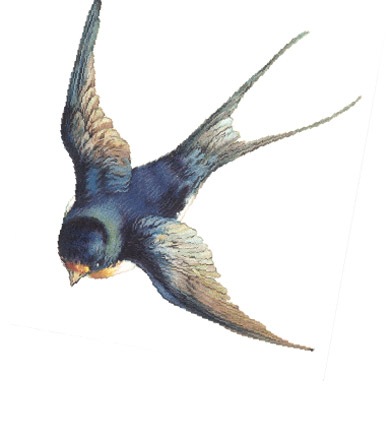 1
1FLOAT
Spanish-English
DAR A LUZ
transitive verb phrase (idiomatic)
To give birth. (Literally to give to light.)
I n the beginning, there were the waters, and the Spirit of God moved lightly over the surface of the waters, and the dark, deep waters rippled and trembled with the movement of God.
And God gave all that is to light. And God called all of these things good: the light, and all that the light shone on, and all that is in the depths of the waters that the light did not shine on.
Tov. Good, God said.

I trembled and clung to my fathers neck by the apartment pool and would not consent to be taken into the water. He said he would hold me the whole time, but going into the water, even in his arms, was unthinkable. I was sure we could not pass through it and live to tell. The photographs of my baptism, in the Sea of Galilee, when I was seven, show me smiling, but with spindly arms and legs all right-angled, tensed and clinging to my fathers arms as he immersed meyou are buried with Christ in baptismand raised me, spluttering seawater; eyes squeezed tight against the brilliant Middle Eastern sun. I could not yet swim.
Until I was eight, I lived in New York City. Now and then my parents and I went and stayed for a few days at the small beach cottage way out on Long Island, built by my dads grandma, my grandmas mother, the year that my dad was born. It sat among the native vegetation, all scrubby pines and dune grasses, full of pale buttery light, and the sounds of the Atlantics waves through the open windows: no frills but these. The surf was rough, too rough, by my parents estimation, for swimming. I dug holes, sculpted sand, hunted beach glass, and let the waves bury my toes with sand at the high edges of the tide. When the waves were rough, I ran in terror, as had my father before me, in his childhood summers spent on that beach.
One summer, my mother brought her sewing machine to the beach house and made a dress at the same sturdy table that had held dozens of summertime meals, clusters of sun-pinked children gnawing corn on the cob and mincing their overcooked hamburgerswhich they called meat cakesinto bits, which they mixed with ketchup as lubrication. An only child, I sat in the white wicker rocker with the huge spring cushion, reading book after book, and waiting to go down to the sea again, and begging to go see the dead whale.
The whale had washed up dead on the shore and stank with a terrific stink. It was also unimaginably large, especially by my lights. I couldnt stop myself from looking at it, from taking in the awful stench of it, the massive size of it. A living thing so enormous was a part of this world, just as I was, and other living things, huger and stranger, occupied the dark vastness of the ocean, which, from there on the beach, was beyond endless for all I could see. Now the whale was dead, stopped, just lying there and rotting and fertilizing my imagination. What kind of whale was it? What did it die of? What will they do with it now? I asked questions until my parents, worn by my incessant inquiry and not in possession of any further knowledge of this whale or whales in general, said I wasnt allowed to talk about it any more. Had there been a childrens adaptation of Moby-Dick on the beach houses plentiful shelves, I might have buried myself in it, but instead my mind itched, reaching for information and for a narrative when there was only a presence (the whale) and an absence (its life) wrapped in mystery and malodorous blubber. I could think of little else.
We moved from New York City to Eastern Long Island, in a house facing not the wild Atlantic, but the largely becalmed Peconic Bay. A short walk in almost any direction led to beaches or docks: on one side, the bay, on the other, the Long Island Sound. Still I feared water. These waves slapped lazily at rocky beaches, cresting and breaking only on exceptionally windy days. I collected rocks resembling foodlamb chops, baked potatoes, peasor else tried to skip flat, smooth rocks across the surface, once, twice, thrice, the way my dad did so effortlessly. I dug many deep holes, and mostly avoided getting wet.

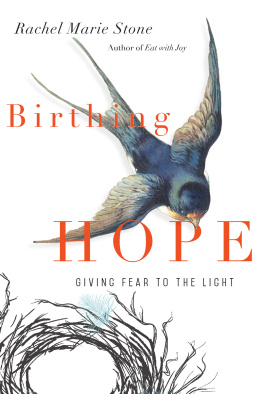


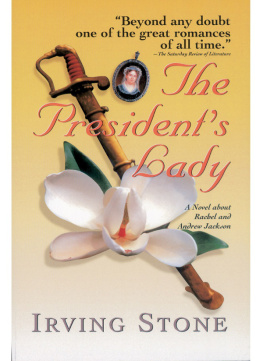

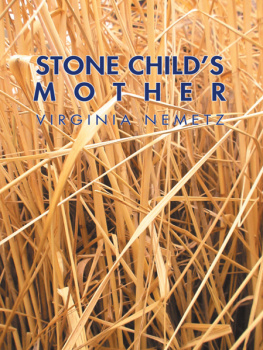
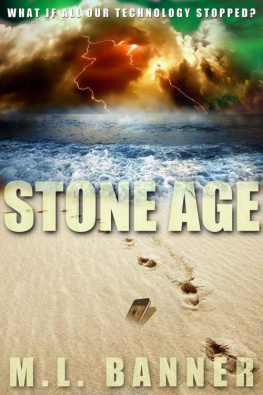
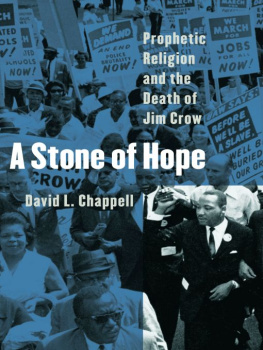
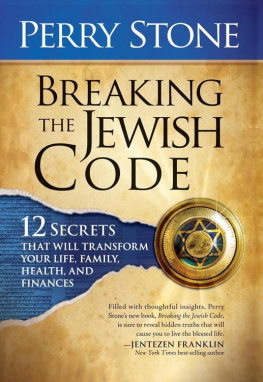
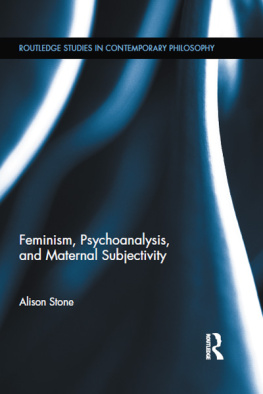
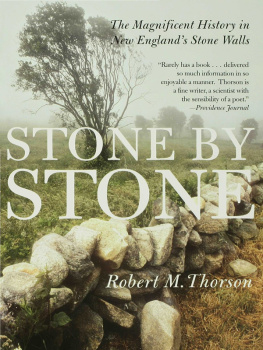



 1
1